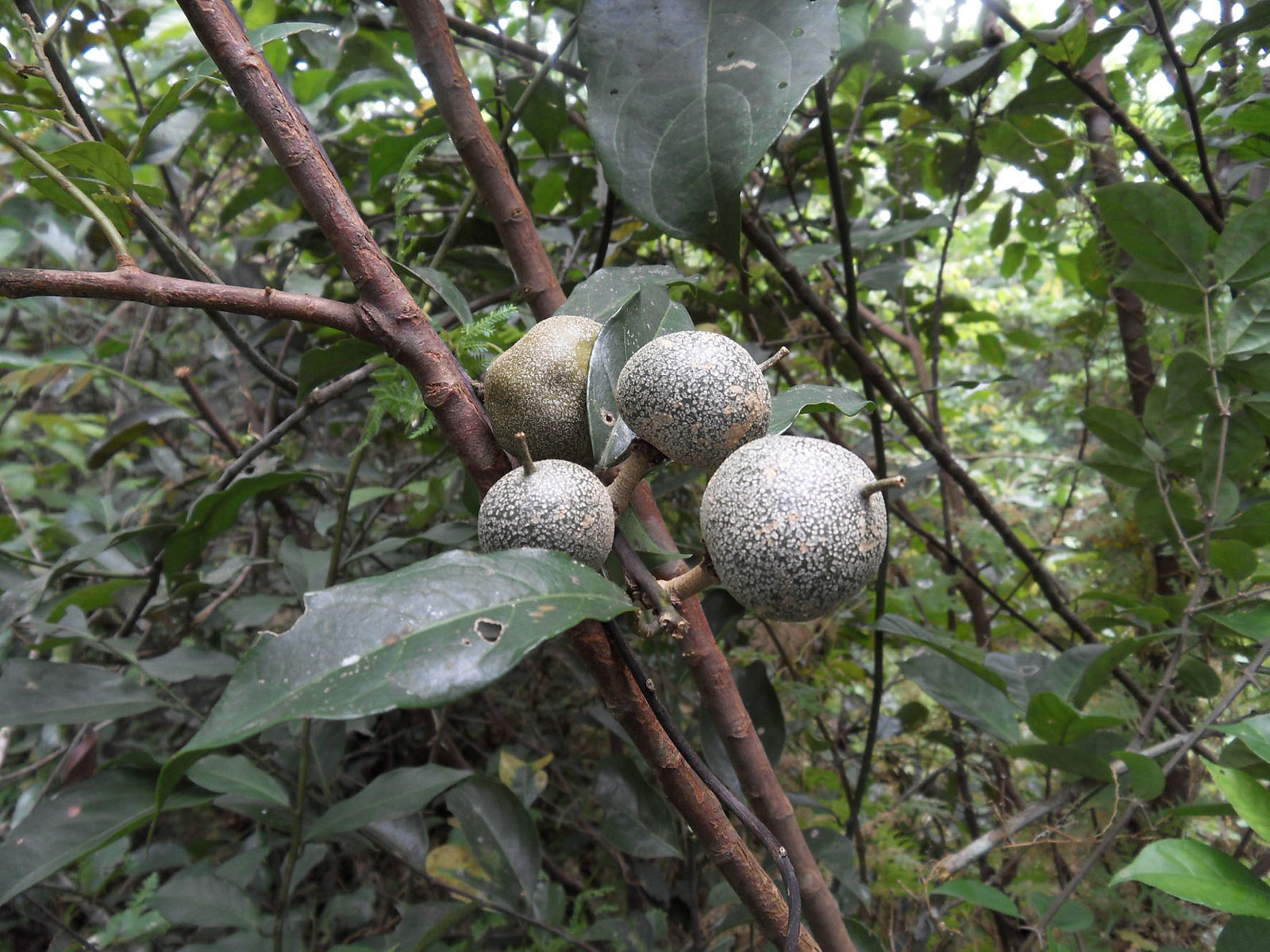In a pair of groundbreaking moves, U.S. regulators have cleared the way for two new forms of protein to enter the food and beverage market. The approvals signal a potential disruption to traditional animal- and plant-based ingredients that have long dominated consumer packaged goods (CPG).
Sweet Proteins and Bacterial Biomass
First, the FDA issued a “No Questions” letter to Oobli regarding its Oubli Fruit Sweet Protein, confirming its safety as a sweetener. This marks the first time a sweet protein produced via precision fermentation has earned GRAS status. Some argue more long-term studies are needed, however, on the potential impacts of consuming such novel compounds.
Brazzein is an ultra-sweet protein up to 2,000 times sweeter than sugar and found in tiny quantities in oubli fruit (pictured), native to West Africa. Prohibitively expensive to extract, Oobli is producing the same protein in fermentation tanks via a genetically engineered strain of pichia yeast. As no detectable modified DNA from the host microbe remains in the final product, a “bioengineered” label is—perhaps debatably—not required.
In another landmark decision, the FDA provided a “No Questions” response to Superbrewed Food regarding its novel Postbiotic Cultured Protein. This bacteria-derived biomass ingredient is the first of its kind to achieve GRAS approval from the agency. The letter paves a commercial pathway in the U.S. for Superbrewed’s protein to be used in packaged food and beverage formulations.
Expansion Into Global Markets
Both Oobli and Superbrewed are now pursuing regulatory clearances for their pioneering proteins in other major markets. Oobli has applied for approval in the European Union, Great Britain, and Canada. Superbrewed is advancing novel food applications in those regions as well.
The companies aim to disrupt decades of industry reliance on sugar and conventional protein sources like meat, dairy, and soy. Their sustainably produced, precision-fermented ingredients hope to deliver comparable taste and nutrition without many of the downsides.
Oobli’s fruit-derived sweet protein, for instance, claims to replace up to 70% of the sugar content in products while having no impact on blood glucose levels. Superbrewed’s non-GMO, allergen-free protein is over 85% protein by weight with high levels of essential amino acids.
Healthier Indulgences and Alternative Proteins
The two cutting-edge ingredients have already found their way into innovative new foods and beverages that cater to growing consumer demand for healthier indulgences and alternative proteins.
Oobli—previously branded as Joywell Foods—has launched low-sugar chocolates, teas, and sodas featuring its sweet protein that mimic the full flavor of sugar-laden varieties. Superbrewed’s protein purportedly functions well in dairy alternatives, and applications are being developed in partnership with Bel Group. The company claims it also enhances the taste and texture of plant-based meat alternatives, baked goods, nutritional beverages, and more.
With key regulatory hurdles now cleared, the emerging field of precision fermentation appears poised to fundamentally reshape the CPG industry in the years ahead. As novel proteins from companies like Oobli and Superbrewed gain mainstream acceptance, a seismic dietary shift could be imminent—if consumers prove receptive.
However, as these precision-fermented ingredients secure regulatory approval, a heated debate is also emerging. Proponents tout these products’ potential to create a more sustainable food system while others express concerns over their novelty and risk profiles. Only time will tell if these innovative proteins end up reshaping consumer packaged goods as radically as their advocates predict.











